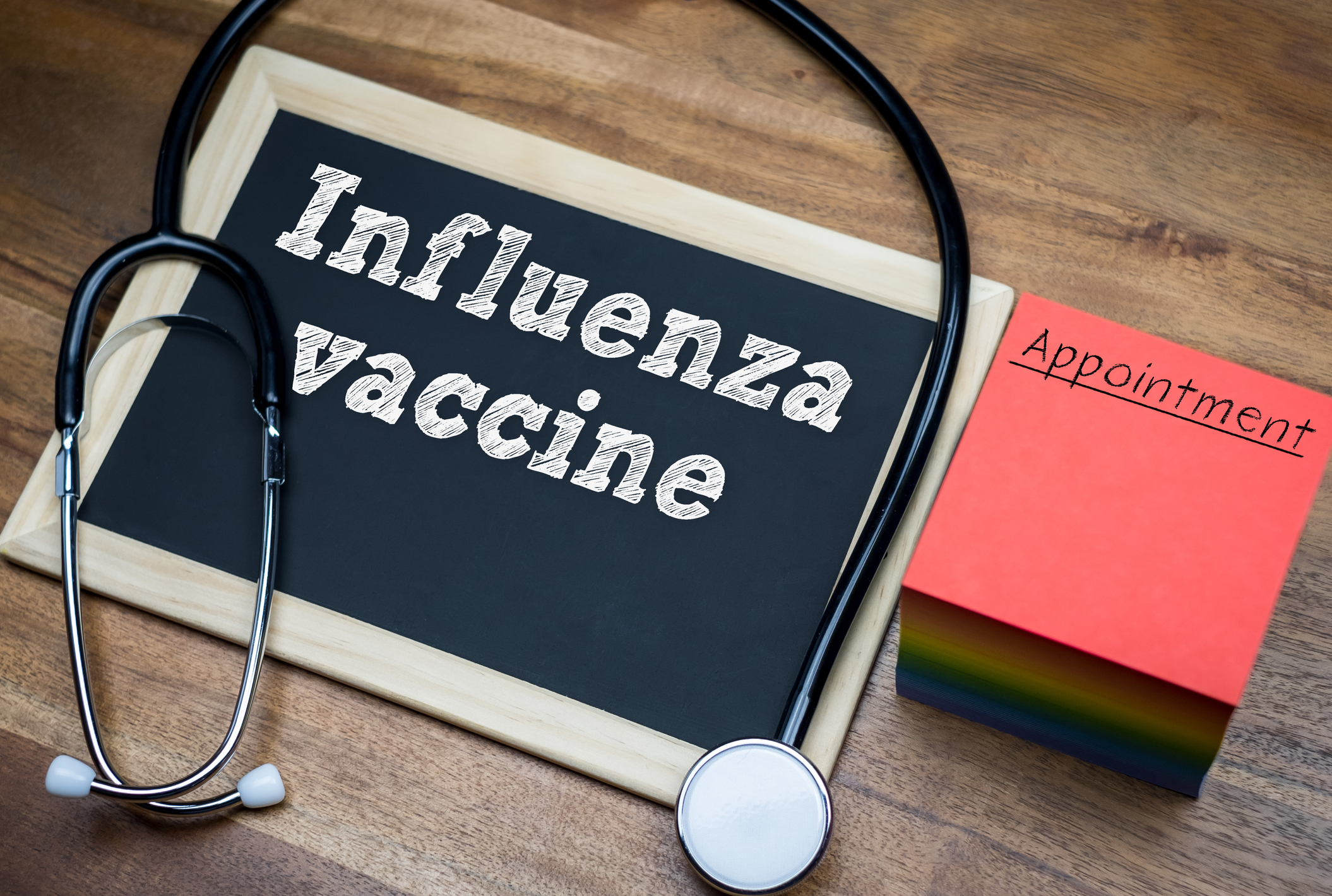It’s officially that time of year. For many of us, the air is much colder, and it’s hard to go anywhere in public without hearing someone cough or sneeze. It’s safe to say that anyone who doesn’t want the flu should be doing some type of due diligence to avoid germs—and according to On Call’s Chief Medical Officer, Dr. Siegart, this due diligence is even more important for travelers. “Among travel medicine experts, influenza is considered the most important viral respiratory tract infection of travelers. The risk to travelers includes the proximity to many people in confined and enclosed spaces including buses, airports, planes, boats, and other places of mass congregation that increase both direct and indirect human-to-human contact. Moreover, contact with potentially contaminated surfaces is increased.” Luckily, there are some ways travelers can prevent the flu, and Dr. Siegart is sharing his best flu prevention tips for the 2020 flu season below:
Get a Flu Shot: Hands down, the best prevention against the flu is to get the vaccination. The Centers for Disease Control and Prevention (CDC) recommends that everyone 6 months of age and older should get a flu vaccine annually. It’s important to note that travelers should get vaccinated at least 2 weeks prior to travel because it takes 2 weeks for vaccine immunity to develop after vaccination.
Practice Common-Sense Healthy Habits: In addition to getting a seasonal flu vaccine, travelers can take everyday preventive actions like staying away from sick people, not touching their eyes, nose or mouth (these are areas where contaminants containing the active influenza virus can enter) and frequently washing their hands to reduce the spread of germs. If soap and water are not available, using an alcohol-based hand sanitizer that contains at least 60% alcohol is a good Plan B. Carrying disinfectant wipes are also a great way to clean germ-prone surfaces like the airplane’s seatback trays and hotel doorknobs.
Research Current Flu Activity: Travelers should do some pre-trip research to get acquainted with flu activity in their destinations, and plan accordingly. The CDC provides up-to-date information on seasonal flu activity throughout the world on their website. For example, in the Northern Hemisphere, flu season can begin as early as October, peaks in February, and can last as late as April or May.
Be a Good Neighbor: Traveling while infected not only can be detrimental to one’s health but also puts the health of others in jeopardy as well. Travelers should stay home and/or delay plans if they are sick with symptoms of influenza-like illness such as fever, cough, sore throat, runny or stuffy nose, muscle or body aches, headache, and fatigue. Typically the rule of thumb is to wait at least 24 hours after a fever passes (without the use of fever-reducing medicine) to continue with travel plans.
Know When (How) to Seek Help: Most people recover from the flu without medical treatment. However, those at increased risk should be vigilant about their symptoms and seek medical attention. High-risk individuals include those with compromised immune systems and/or chronic medical conditions like heart disease, diabetes, asthma, and neurological conditions, those 65 years or older, pregnant women, and young children. On Call clients can contact us 24/7 while traveling for help in locating a physician in their area, or even locating a hospital if symptoms are severe.
For more information on protecting your travelers’ health and safety, contact us today to learn more about our holistic travel risk management programs for your organization.



